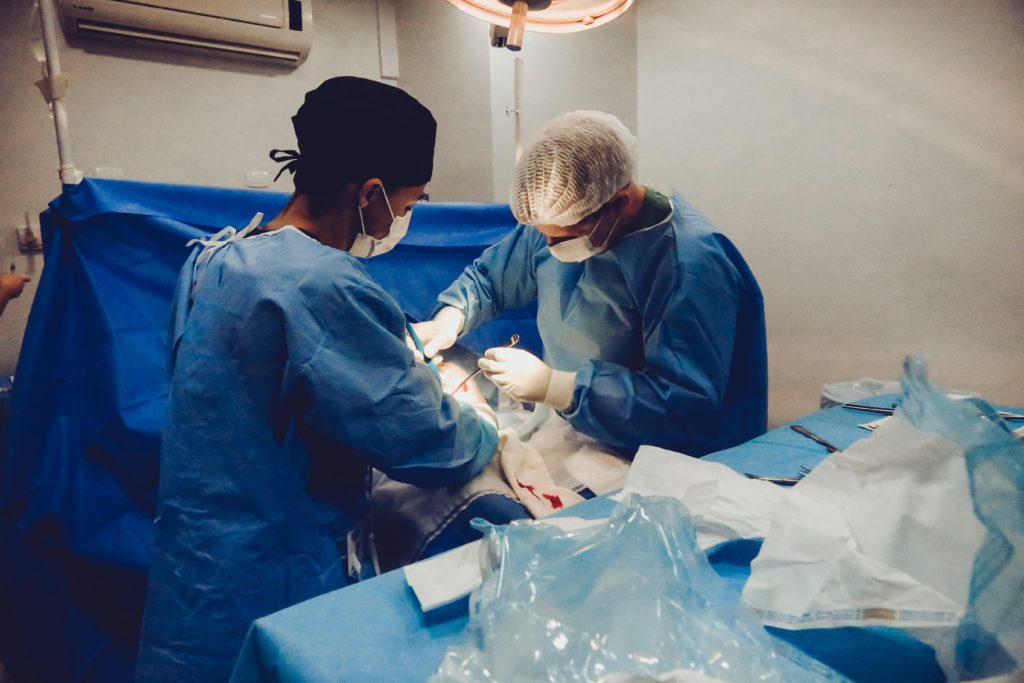What is rheumatoid arthritis?
Rheumatoid arthritis (RA) is a chronic autoimmune disease that causes inflammation in the joints and surrounding tissue. It occurs when the body’s immune system mistakenly attacks healthy cells and tissues, leading to swelling, pain, and damage in the affected joints. RA can affect any joint in the body, but it most commonly affects the small joints in the hands and feet. The symptoms of RA can vary in severity and can include:
- Pain and stiffness in the joints, especially in the morning or after a period of inactivity
- Swelling and tenderness in the joints
- Loss of range of motion in the affected joints
- Fatigue
- Fever
- Weight loss
RA is a progressive disease, meaning it tends to get worse over time. It can also cause complications in other parts of the body, such as the lungs, heart, and blood vessels. There is no cure for RA, but it can be managed with medication, physical therapy, and lifestyle changes.
What are the common drug types used to treat RA?
There are several types of drugs that can be used to treat rheumatoid arthritis (RA), and the most appropriate treatment plan will depend on the severity of the disease, the individual’s symptoms, and other factors. Commonly used medications for RA include:
- Nonsteroidal anti-inflammatory drugs (NSAIDs): These medications can help reduce pain and swelling in the joints. Examples include ibuprofen and naproxen.
- Disease-modifying antirheumatic drugs (DMARDs): These medications can slow the progression of RA and prevent joint damage. Examples include methotrexate, hydroxychloroquine, and sulfasalazine.
- Biologics: These are newer medications that are designed to target specific immune system proteins that contribute to inflammation. Examples include tumor necrosis factor (TNF) inhibitors such as adalimumab, etanercept, and infliximab, and interleukin-6 (IL-6) inhibitors such as tocilizumab.
- Corticosteroids: These medications can be taken orally or injected into the joints to reduce inflammation and pain. Examples include prednisone and methylprednisolone.
- Analgesics: These medications can help relieve pain. Examples include acetaminophen and opioid pain medications such as codeine or morphine.
It is important to note that these types medications may have side effects and may not be suitable for everyone. It is important to discuss the benefits and risks of each medication with a healthcare provider before starting treatment.
What is a Rheumatoid Arthritis flare up?
A flare-up, like it sounds, or flare, is a period of increased symptoms and worsening of disease activity in rheumatoid arthritis (RA). During a flare-up, a person with RA may experience more pain, swelling, and stiffness in their joints, as well as increased fatigue and possibly a fever. Flare-ups can be unpredictable and may last for a few days or several weeks. They can be triggered by various factors, such as stress, illness, injury, or changes in the weather.
It is important for people with RA to have a plan in place for managing flare-ups, which may include taking medications as prescribed, getting enough rest, and using heat or cold therapy to help reduce pain and swelling. It is also important to stay in close communication with a healthcare provider during a flare-up and to seek medical attention if the symptoms are severe or do not improve.

